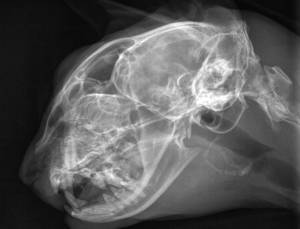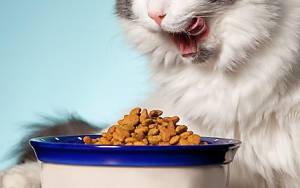Most private homes and commercial premises are equipped with air cooling systems. Given that many domestic animals and birds are exposed to artificial air cooling, there is a question about their safety and health.
It is difficult to overestimate the sensitivity of many animals to certain sounds, air flows, and temperature fluctuations. Sometimes, when we turn off the air conditioner before leaving for work, or it is idle due to commercial Equipment Service, poultry and animals “sigh with relief” or, conversely, experience stress. Let’s take a closer look at the effects of air cooling systems on Pets.
Benefits of Cooling Systems for Pets
In General, it should be understood that fur-bearing animals such as cats, dogs, rabbits and the like may experience discomfort from increased temperature, and in case of critical heat and lack of drinking, they may even die. Therefore, cooling the room to normal room temperature is an important step in the care of Pets and birds.
In some cases, the increased temperature may cause a lack of desire to reproduce in some animals (although the opposite is also true.)
Possible Risk of Using AC for Pet’s Health
Excessive coolness can cause respiratory diseases in cats, dogs, rabbits, and the like. This is expressed in nasal discharge, sneezing, and changes in breathing. If you start the disease, treatment can be complicated, and sometimes ineffective.
In addition, almost all animals and birds do not tolerate drafts. If your AC is focused on the formation of air flows in the room, and the animal or bird can not hide from this, the risk of colds in Pets increases dramatically. Leaving an animal in a room for a whole day, where it is exposed to a cold stream of air, you force it to experience stress and provoke illness.
Feedbacks from Pet or Bird Owners
I’ve kept birds in an air conditioned home for several years without any ill effects. I do not think temperature level is the problem though – birds are more resilient re temperature than we give them credit for. The genuine danger is bacteria from filthy air conditioner filters, especially if you’re in the American South or Southwest where pathogens seem to flourish in higher profusion then the North. Similar to anything including birds, hygiene is the key. If you’re not confident about your air conditioned environment, add an ioniser with a HEPA filter as backup.
Nick Fishborn, Memphis
When the temperature and humidity increase, it becomes vital to keep our pets comfortable and safe. Animals cool themselves by panting, a process of exchanging warm air from their lungs for the cooler air outside. This can not occur when it is hot and damp, which leads to increased risk for heat stress and exhaustion. Leaving the air distributing with fans or, better yet, leaving the cooling on will assist to keep pets cool and healthy. Thermostats must ideally be set at 78-80 degrees, a suitable comfort level for many pets. Basements are typically cooler than the remainder of the home, so if your basement is a comfortable place for your pet to be, having them spend time down there during a heat wave is also a choice. Pets should also constantly have access to fresh water, as they can get dehydrated.
Melise, NY





